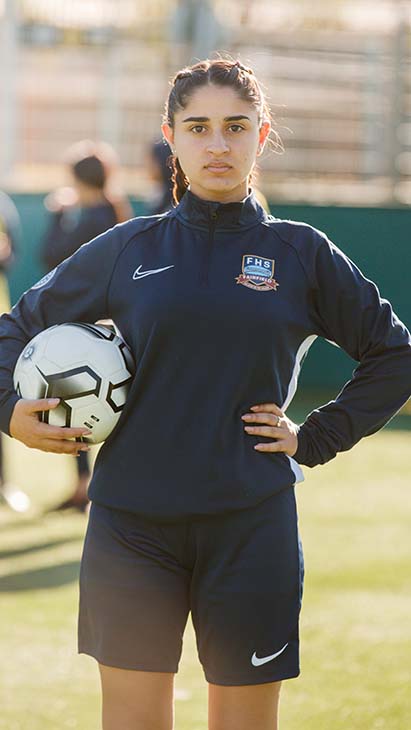Key targets for transition
Workplace skills
Students with disability can access work ready courses and social skill activities as part of extracurricular activities after school.
These opportunities can prepare student with work readiness skills and increase the student’s access to post school and community environments, while still attending school during the day.
It is helpful to teach students how to search for and apply for jobs, and role play interviews (providing specific corrective feedback).
Internships, work experience, voluntary work, and casual or part-time work can help students develop experiences and skills for post-school life.
Where possible, seek feedback from the employer on a student’s strengths and areas for further skill development, and provide this feedback to the Learning and Support Team.
It is important that employers are aware of a student’s strengths and abilities, and that arrangements are made early to ensure the safety and success of the student.
Disclosure can only be provided to third parties (such as employers) with prior consent from parents or guardians, or by the student (if over 18).
Social skills
Social skills are important for developing social connections, and for successful inclusion and promotion within the workplace.
Transitioning out of high school can result in losing contact with previous friendships, and the need to develop new friendships.
Consider what social skills may be important for a student’s post-school goals and aspirations.
Some key social skills may include social conversation (making small talk; understanding slang and idioms), respecting people’s personal space, working in group projects, public speaking, explicit discussion of social norms for new situations they may encounter (such as lectures, small classes, specific workplaces), and sexual education.
Teaching independence
A specific focus on helping a student develop increasing independence throughout high school may be important. Consider how various skills related to teaching a student independence (such as goal setting or self-management) can be implemented across all year levels, and across multiple settings (classroom, lunch, home, social clubs, workplace).
Strategies that increase a student’s ability to manage their own work and behaviour may be particularly helpful. Self-monitoring can help a student with setting goals and monitoring their performance.
Approaches such as video modelling, visual supports, or breaking tasks into smaller subtasks can also provide opportunities for a student to work independently.
As students mature, support them with learning to self-advocate. Teach or support them to recognise and take action to address triggers or challenges in their environment. For example, if a student becomes anxious by specific noises, teaching them to recognise that is why they are distressed, and how to address that (wear headphones or ask to work in the next room).
Similarly, teaching them how to implement strategies themselves may be useful. For example, teach them how they can break a task down into manageable chunks.
Skills for everyday life
Students with disability may need to learn new skills for everyday life in order to make a smooth transition post-school.
Some students may benefit from ongoing support with specific skills, while other students may, with initial support and practice, be able to maintain these skills independently.
Consider which skills may be important for a student. Key skills may include healthy living, safety, transportation, money management, hygiene, housekeeping, seeking help (safety, health, or mental health help), or living with others.
Skills that may be important for career or training goals include time management, study skills, and personal organisation.
Learning these skills
Role playing, counselling, practising, and specific instruction on skills can support students in acquiring workplace, social and life skills.
Opportunities to apply these skills in real world settings, or to engage in self-regulation, may be particularly helpful.
Completing chores at home, participating in school clubs or other extracurricular activities, or opportunities to participate in a ‘work’ setting (such as volunteer, internship, work experience or paid work opportunities) can provide a student with opportunities to practise.
When identifying opportunities to participate in work settings, looking for work settings that are a ‘good fit’ for the student’s strengths and abilities can support positive experiences and increased confidence.
Life skills and social skills can be taught by a range of people. For Aboriginal students, learning these skills from people within their community may be particularly important.
